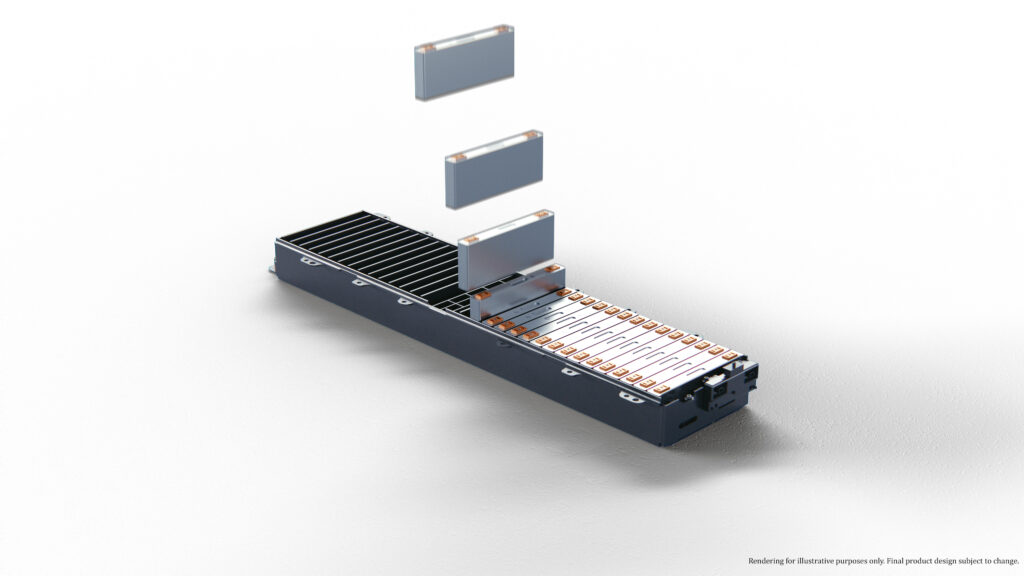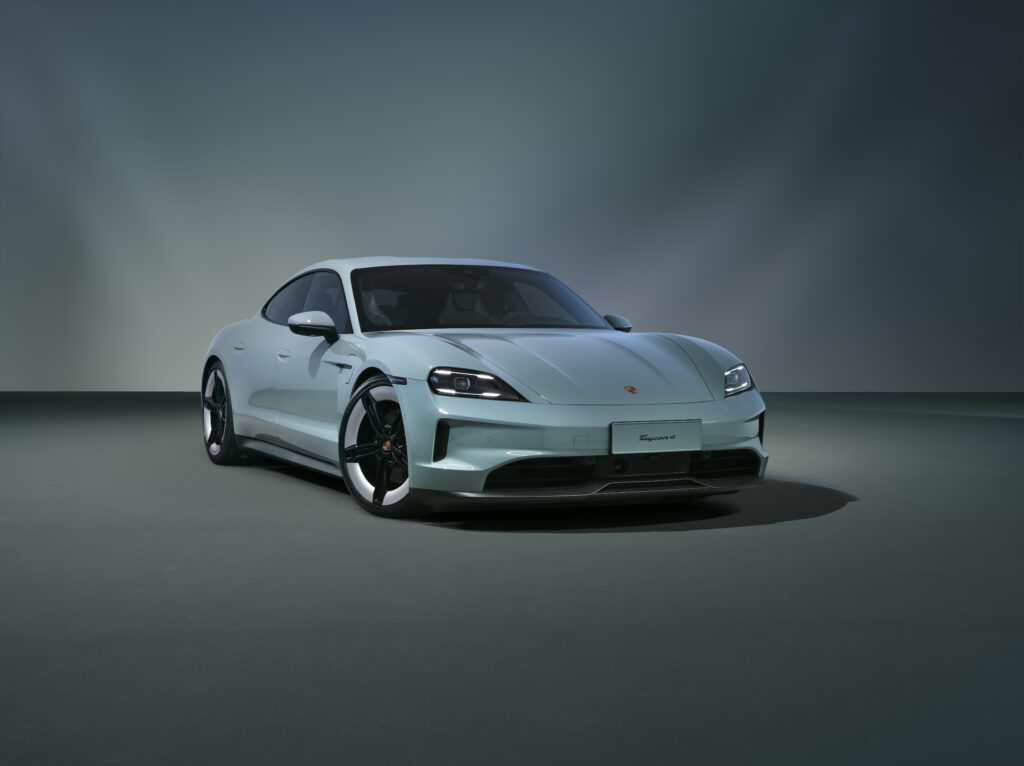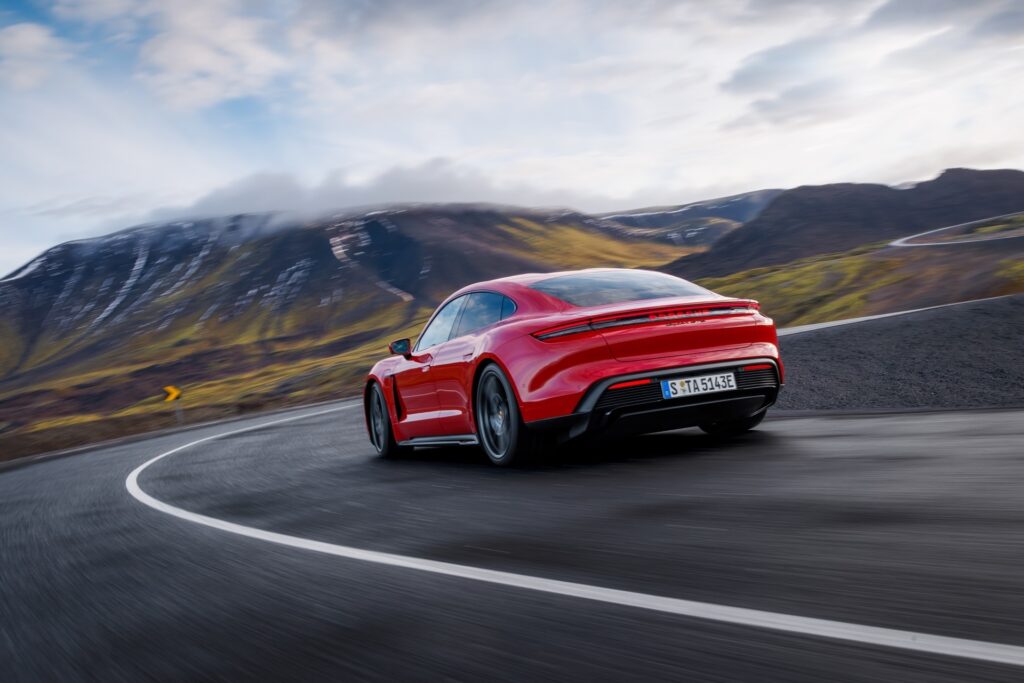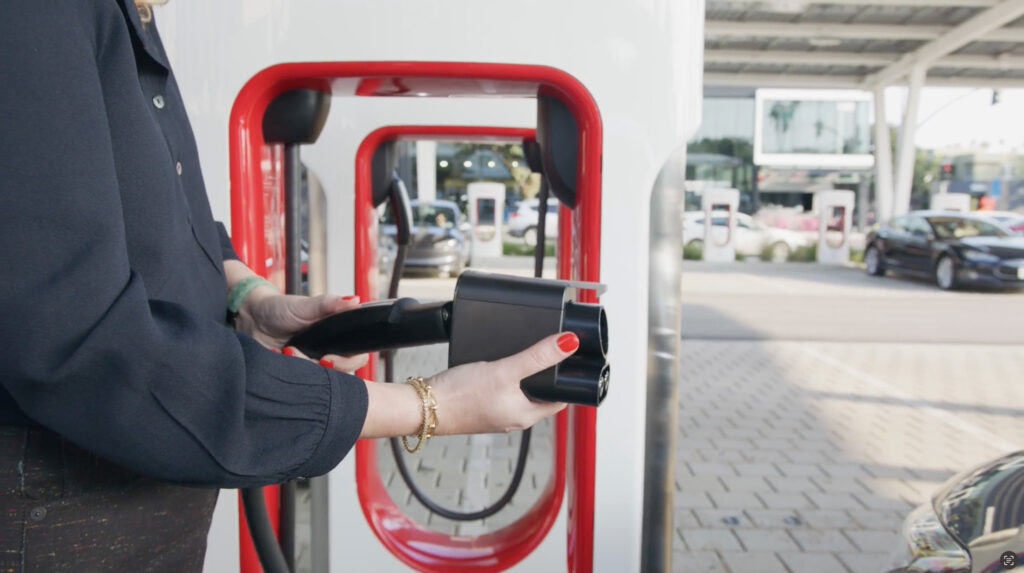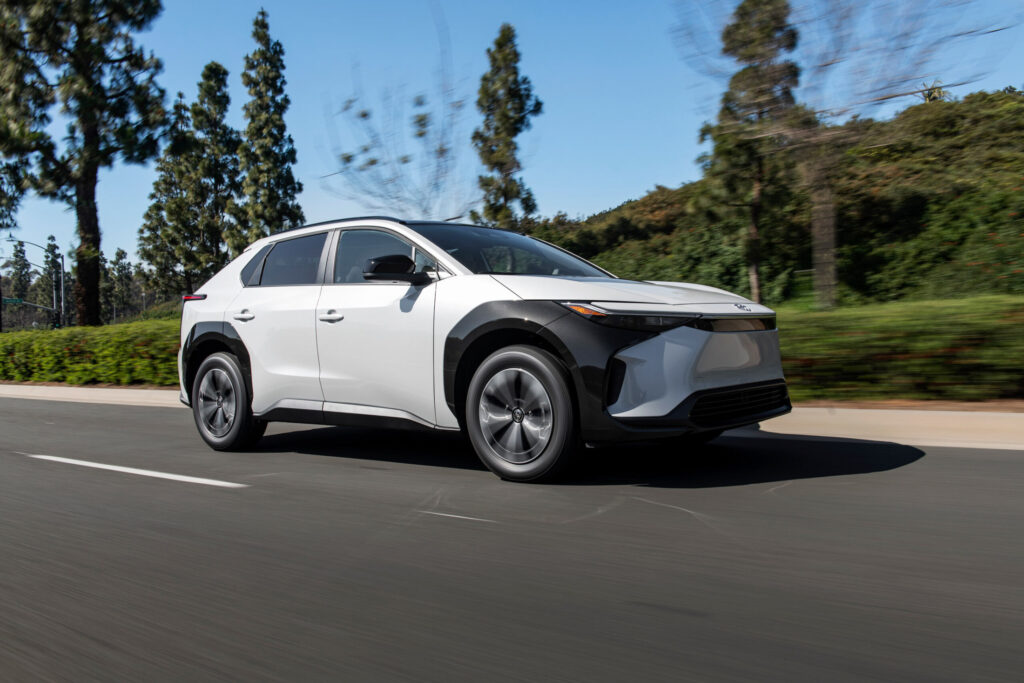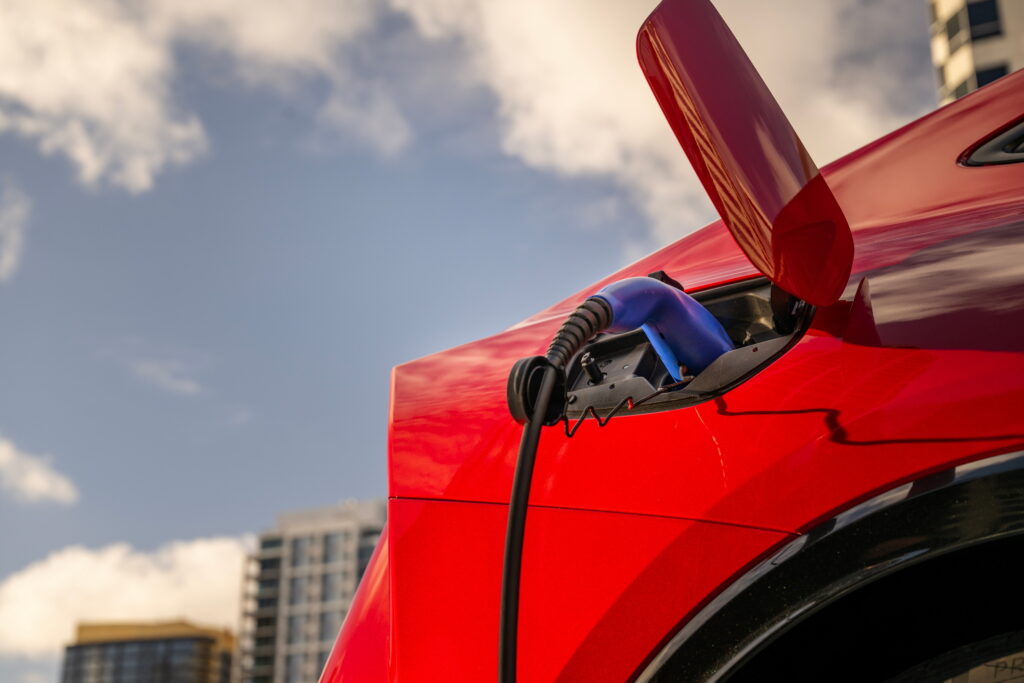EV Prices Could Match Gas Cars By 2026, If Governments Don’t Ruin It
- A new survey by BloombergNEF reports that battery packs have fallen the most since 2017.
- Cheaper battery packs means that EVs should become more affordable, and on par with ICE vehicles.
- Predictions will still hinge on EV adoption, as well as global policy towards electric cars.
Everyone loves a good “breakthrough” headline about electric vehicles, especially the kind that promises they’ll finally stop costing as much as a mid-sized house in Ohio. Well, here’s one for you: according to a new study, the price of lithium batteries has fallen greatly, recording the most significant drop in seven years. The need for cheaper batteries is often cited as one way to speed up adoption, with experts waiting for EVs to achieve price parity with combustion vehicles.
Lithium-ion battery pack prices have cratered thanks to an oversupply of cells, as well as lower prices for the raw metals and other components used in manufacturing. The BloombergNEF survey covered 343 data points, encompassing electric cars, buses, and commercial vehicles.
Price Parity By 2026
The quest for electric vehicles to become as affordable as their internal combustion engine counterparts will be the true litmus test for widespread adoption. If the trend we’ve witnessed this year continues, we could see the much-vaunted price parity between electric vehicles and gas-powered cars becoming a reality for consumers as soon as 2026.
See: GM Sells $1 Billion Stake In Joint Battery Plant To LG
Currently, the average cost of a battery pack sits at $115 per kWh — a 20 percent decline from last year. Pricing will need to drop by $15 to $100 per kWh for that magical price parity, although according to the report from Bloomberg, that’s already happened in China, with some EVs selling for cheaper than their combustion counterparts.
There’s Still Some Way To Go
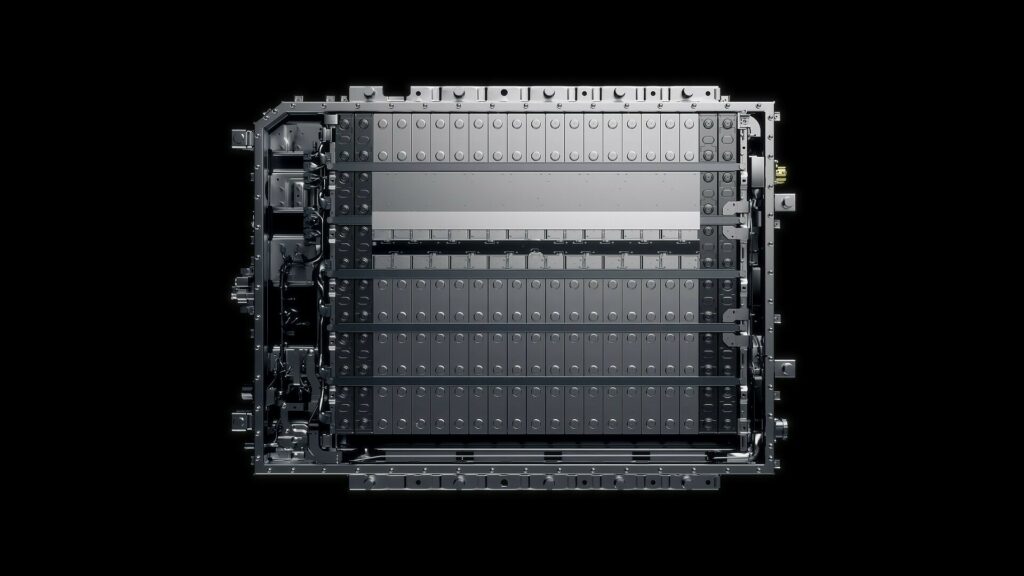
While BNEF predicts battery pricing will drop below $100 per kWh by 2026 and down to $69 per kWh by 2030, there are geopolitical and macroeconomic factors that may further impact these projections.
However, there will still be a “chicken and egg” situation, where the production of EV cells remains heavily dependent on car sales. While there has been an oversupply of cells recently, partly due to a slowdown in EV sales growth in some markets, manufacturers may begin to reduce production as a result, too.
Government Actions and Tariffs Threaten EV Progress
There are also other factors that may affect the road to price parity. European governments are slashing their EV subsidies, which, in Germany at least, has led to a significant drop in sales for 2024. Meanwhile, in the US, incoming President Donald Trump has threatened to impose 60% tariffs on Chinese imports and 10%-20% tariffs on those from other countries. His transition team is also pushing for Congress to repeal the $7,500 electric vehicle tax credit. If successful, this could severely impact most automakers, even though Musk believes it may ultimately benefit Tesla.
